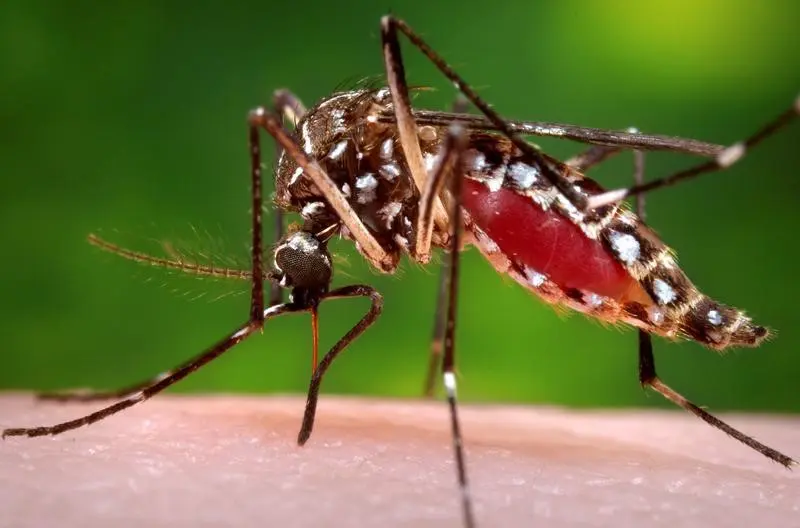KUALA LUMPUR, April 25 ― Malaysia has successfully maintained zero human malaria local infection (indigenous) cases status since 2018, said Health director-general Datuk Dr Noor Hisham Abdullah.
He said the status needs to be retained for three consecutive years until 2021 to enable Malaysia to obtain the Certification of Malaria Elimination for indigenous cases from the World Health Organization (WHO).
He said even though Malaysia had achieved zero indigenous cases since 2018, cases of zoonotic malaria caused by monkeys and imported malaria from foreign countries were still reported in the country.
“In 2019, a total of 3,941 malaria cases from various sources had been reported, of which 3,223 (81.8 per cent) cases were zoonotic malaria, 620 (15.7 per cent) cases were imported malaria and 98 (2.5 per cent) cases were from other sources of infection.
“In the same year, six deaths were reported, and all of which involved zoonotic malaria infection from Plasmodium knowlesi species,” he said in a statement today.
The statement was issued in conjunction with the World Malaria Day which is commemorated every year on April 25 to recognise global’s continued efforts in preventing and controlling the diseased. This year, it is themed ‘Zero Malaria Starts With Me’.
Meanwhile, Dr Noor Hisham said even though the country is currently in the fight against Covid-19, the Ministry of Health (MOH) continues to take necessary steps against other infectious diseases including malaria to ensure the success achieved by Malaysia since 2018 can be retained.
“The malaria prevention innovation during the movement control order (MCO) period was established through critical action modifier in the field to prevent malaria infection at communities level while at the same time ensuring all health personnel are always protected from Covid-19 infection.
“In this regard, the ministry is prioritising all cases and outbreaks for immediate action. Vector (malaria-carrying mosquitoes) control method modifier also carried out by distributing insecticide-treated mosquito nets from house to house to prevent public gathering while maintaining social distance,” he said.
Dr Noor Hisham said MOH also ensured the supply of malaria diagnosis equipment and medication is not affected, while malaria screening among at-risk groups is still ongoing.
In conjunction with the World Malaria Day 2020, Dr Noor Hisham hoped that the involvement of the community and other agencies in preventing malaria could be enhanced and advised the community to take the following actions:
- Those living in remote areas need to take precautionary measures such as wearing clothing that protects the entire body from mosquito bites and using mosquito repellent. Avoid being outdoors at night.
- Plantation companies need to ensure that their workers are always protected from mosquito bites by supplying insecticide-treated mosquito nets and carrying out other malaria prevention activities such as residual insecticide spraying.
- Residents must seek immediate treatment at any nearby clinic or hospital if experiencing malaria symptoms such as fever, chills, sweating and fatigue.
— Bernama





